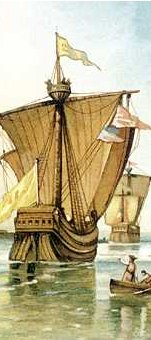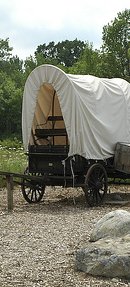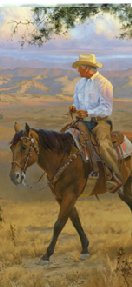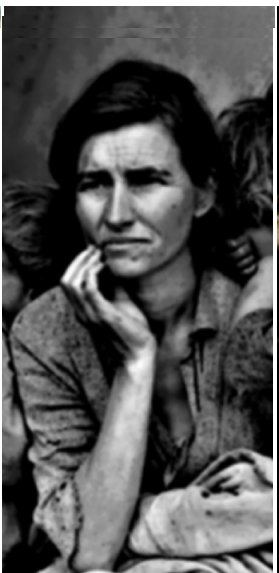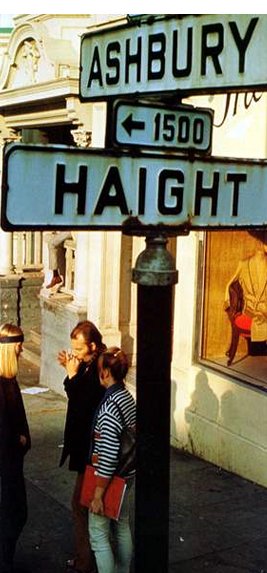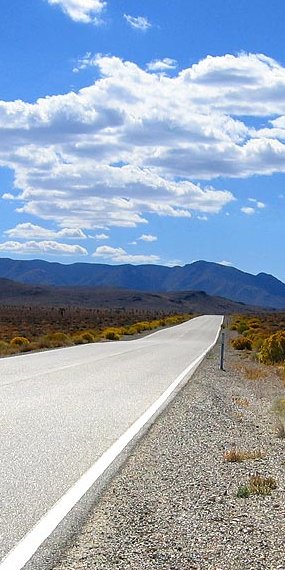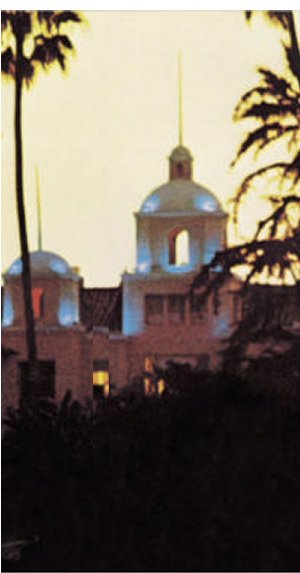Introduction
¡§When the Okies left Oklahoma
and moved to California, it
raised the I.Q. of both states¡¨
--Will Rogers
Sitting around with a group of
griping teachers at my first teaching assignment in Klein,
Texas, a friend of mine was complaining
about a particularly quarrelsome student. She ended her commentary with the
statement ¡§well you know, he is from California,¡¨
the nodding heads at the table revealed that everyone shared her
assumptions. They had apparently forgotten in that moment that I was also
a Californian, for the first time living outside the Golden
State, and for the first time
getting a real taste of California
¡§exceptional-ism.¡¨ California
has always been distinctive from other states and other places, and its
criticism has always been mixed with admiration.
To the early explorers California
was a mythical island, to the Native Americans there before the white man it
was paradise, to the Spanish missionaries it was fertile ground spiritually, to
the Mexican Rancheros it was fertile ground agriculturally, to American
settlers it was land, to the American government it was Pacific trade, but to
most Americans it was of no significance until became gold. From that moment at
Sutter¡¦s Mill in 1848, California
stopped being America¡¦s
best kept secret and became a part of the American Dream. By the early 1900¡¦s
we took our place as the great Pacific power. By the twenties the California
dream was on celluloid, and Americans flocked to find it in Model T¡¦s on Route
66. In spite of hard times and the ¡§Dust Bowl¡¨, the Joads
went west to find the ¡§promised land¡¨ here. By the Forties we took the lead in
fighting the war. By the Sixties our campuses erupted in student protest while San
Francisco became the heart of the counter-culture. By
the Seventies we were America¡¦s
most populous state and a native son was President. In the Reagan Eighties,
conservative politics and Silicon Valley took the
spotlight. At the turn of the millennia, President Clinton said that we
had become ¡§the first American state where there is no majority race¡Kyou can
see a microcosm of what we can do in the world.¡¨ We continue to be a central
part of the American dream, but fear of provincialism by California
teachers, and an Eastern bias in textbooks has marginalized our state¡¦s history
For this reason it seemed like an
appropriate time to focus the considerable talents of my two AP US History
classes on this unexplored topic. The result is not intended to be a
comprehensive history of California,
but a range of critiques about the whole span of California
history. Each article has a similar length and structure beginning with a
comprehensive summary, an analysis of the author¡¦s thesis, the discussion of
the role of historiography, professional criticism, and finishes with a set of
common questions focused on how California
followed the East or set its own exceptional course as a part of American history.
This book is wholly the
accomplishment of my two classes and their dedicated and creative editors, who
designed, wrote, edited, compiled, printed and paid for every part of this work
except for this page. I am grateful to the writers and in particular to the
editorial staff led by Mike Normandia for their
dedication to the task no matter the toll.
Steve Sewell
Irvine High
School, 2008


